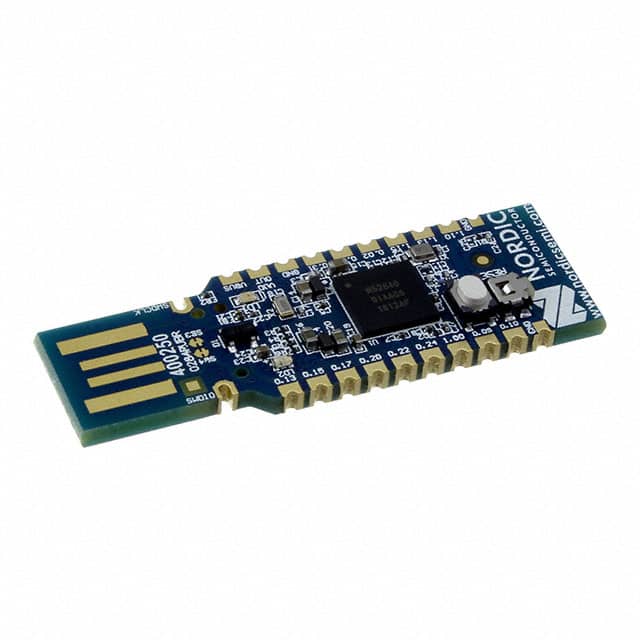Consumer Robots
Find robots by their name, purpose, creator, or launch date
Companion & Social Robots

The Unitree Go2-W is a versatile quadruped robot with 7-inch pneumatic tires, capable of speeds up to 2.5 m/s and payloads up to 12 kg, ideal for various inspection and research applications.
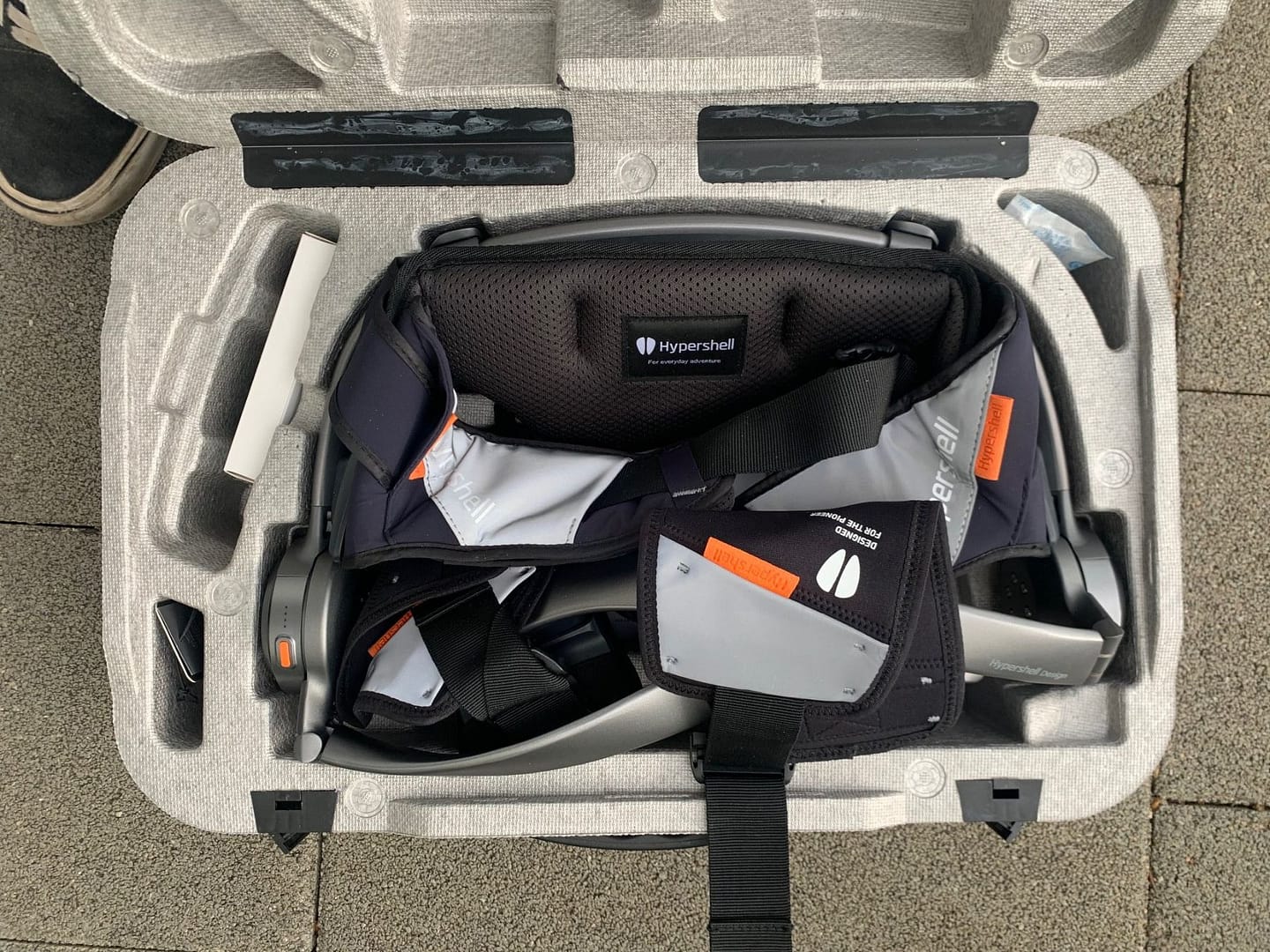
The Hypershell Carbon X is one of the lightest and most powerful consumer exoskeletons available. Combining carbon-titanium construction, smart AI-powered assistance, and a compact form factor, it offers a versatile solution—from hiking and running to aiding mobility-impaired users.
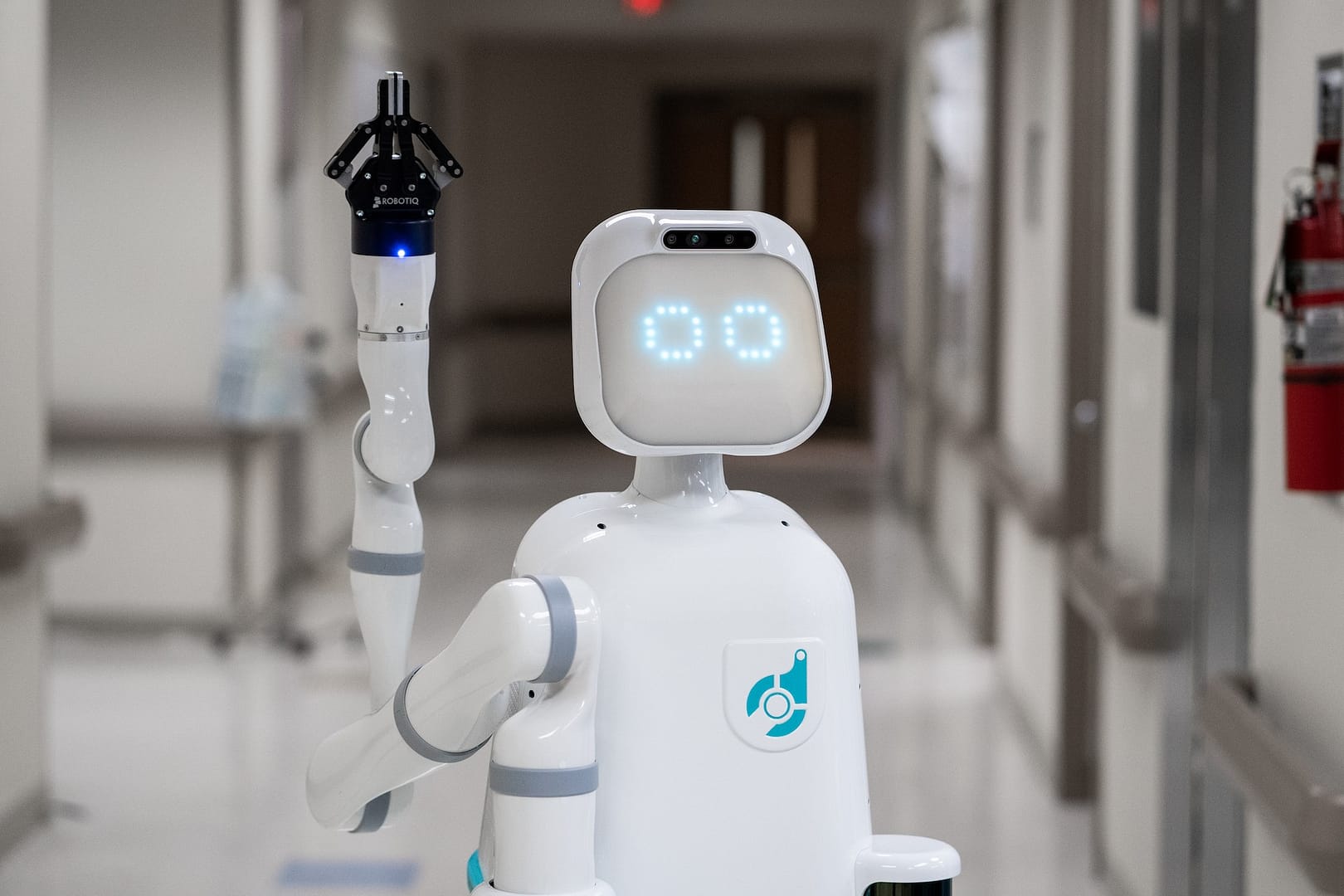
Moxie was a groundbreaking attempt to marry robotics and social-emotional learning. While its empathetic design and educational value were notable, its collapse underscores the fragility of hardware tied to cloud-dependent AI.
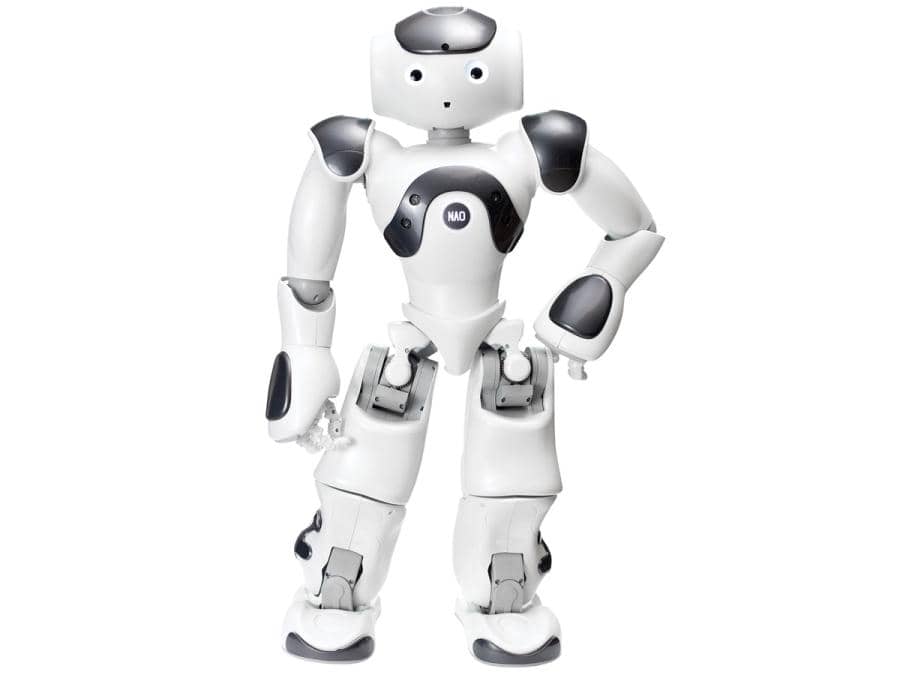
NAO is a 58 cm tall, fully programmable humanoid robot developed by Aldebaran (now SoftBank Robotics). First launched in 2008, it’s widely used in schools, universities, research labs, and events worldwide medium.com+12en.wikipedia.org+12us.softbankrobotics.com+12.
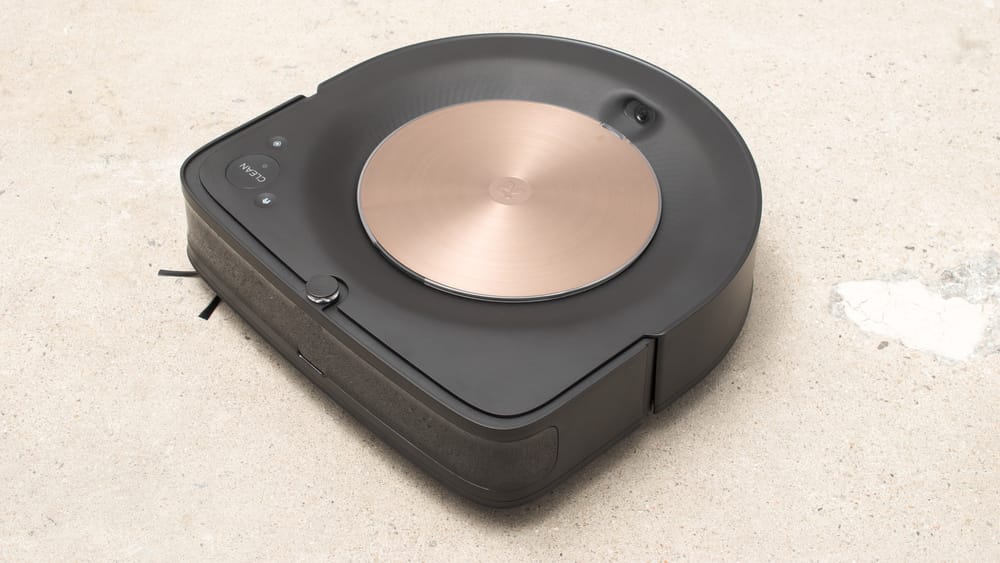
A Roomba is an autonomous robotic vacuum cleaner made by the company iRobot, and was first introduced in September 2002.[1] Roombas have a set of sensors which help them navigate the floor area of a home.
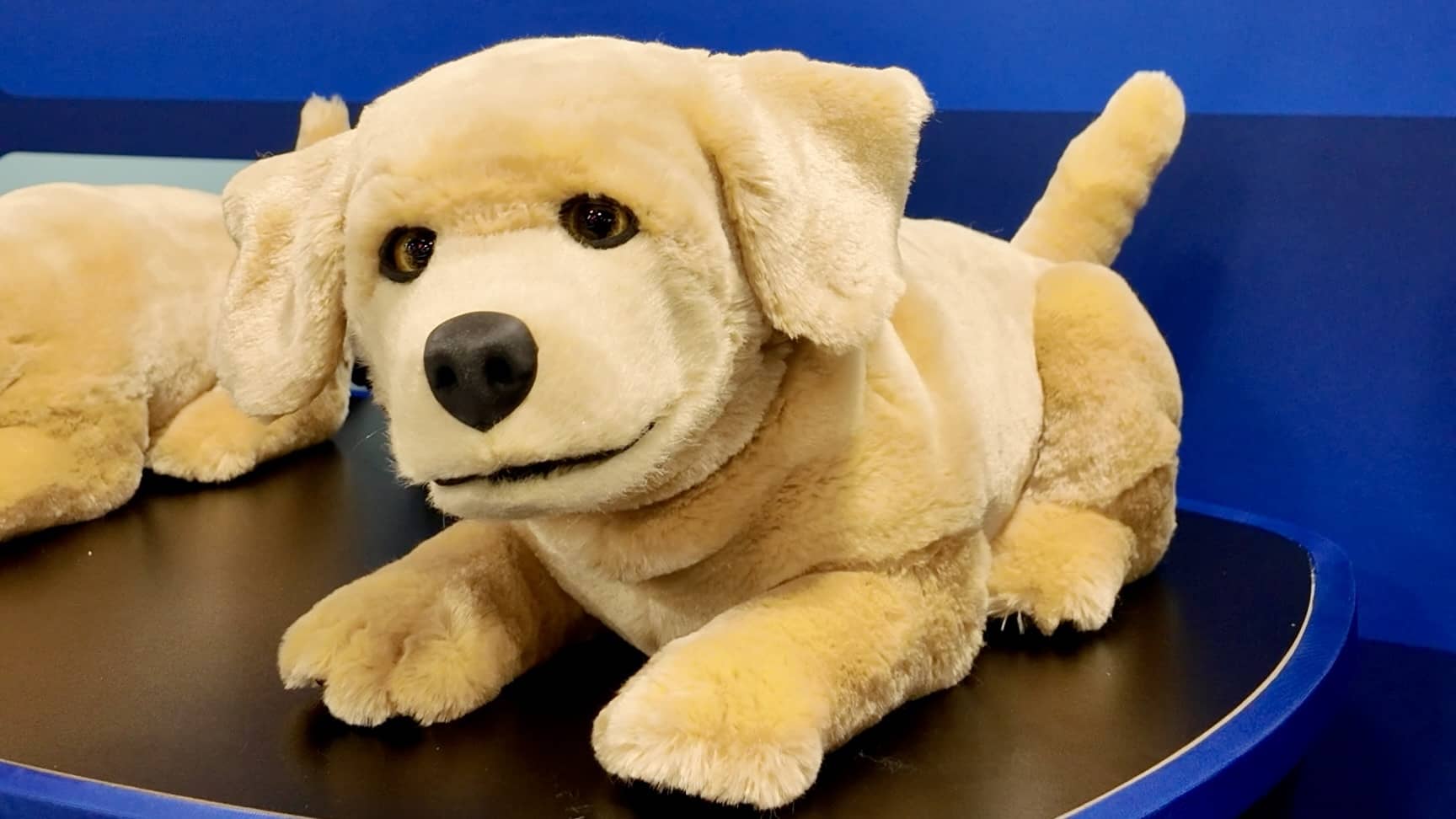
Tombot’s Hyper-Realistic Robotic Dog is a lifelike robotic companion designed primarily for elderly individuals, particularly those living with dementia, Alzheimer’s disease, or other cognitive and emotional challenges.
Newsletter
Newsletter
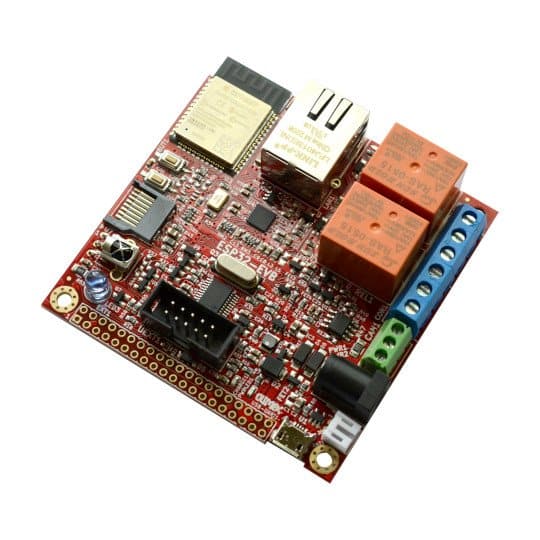
ESP32-EVB is an industrial-grade development board with Ethernet, relays, CAN bus, and microSD — perfect for robotic automation, gateways, or industrial IoT systems with rugged connectivity needs.
Olimex ESP32-EVB

Combines ESP32 with LoRa transceiver and OLED screen. It’s designed for long-range telemetry and low-power robotics like delivery drones, field monitors, and agricultural bots.
Heltec WiFi LoRa 32 (V3)
Events


